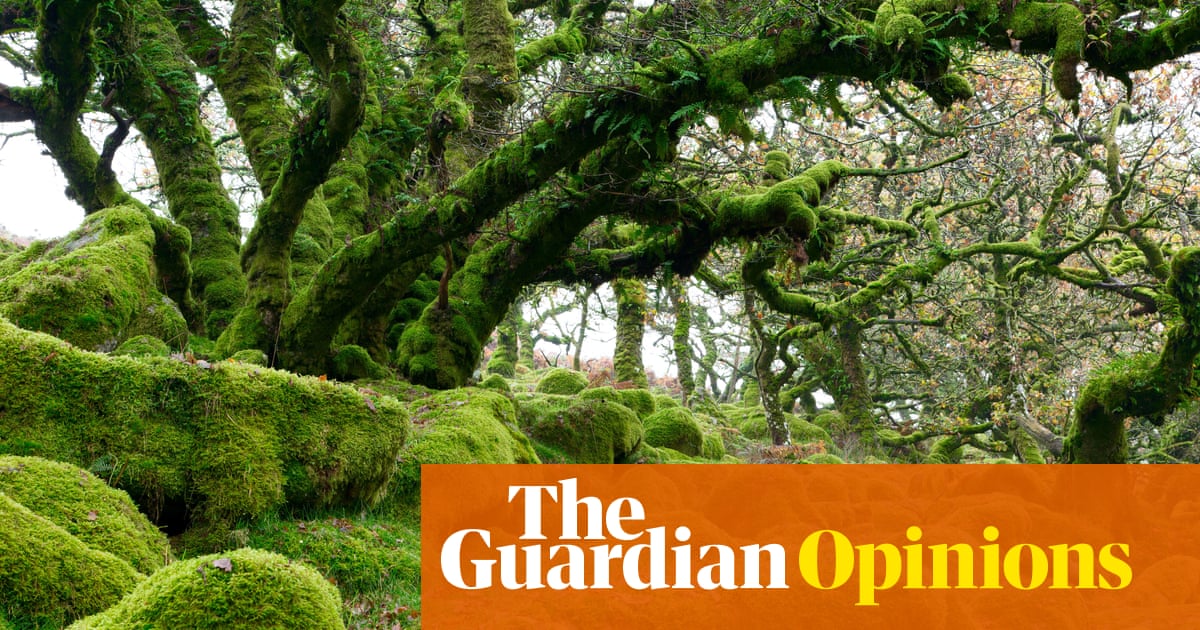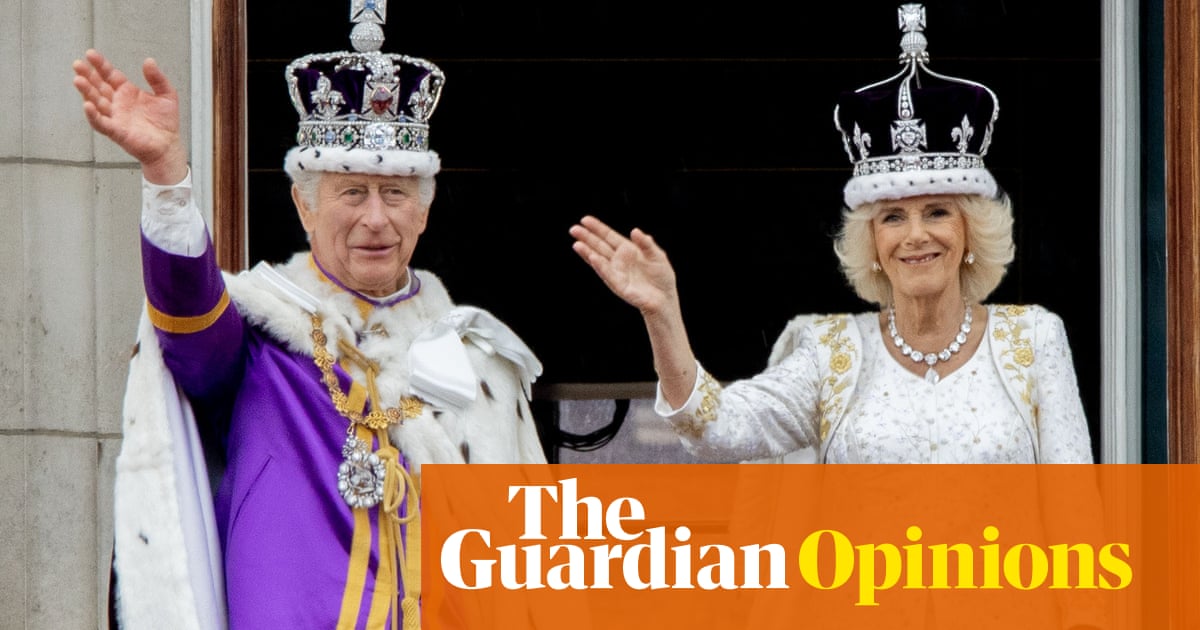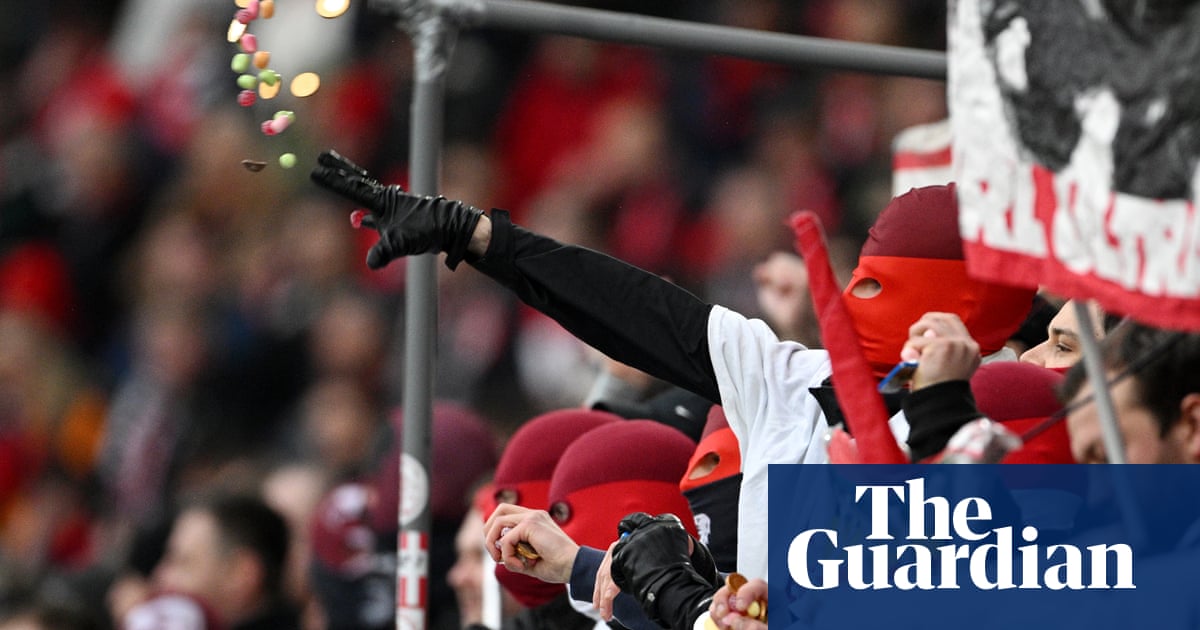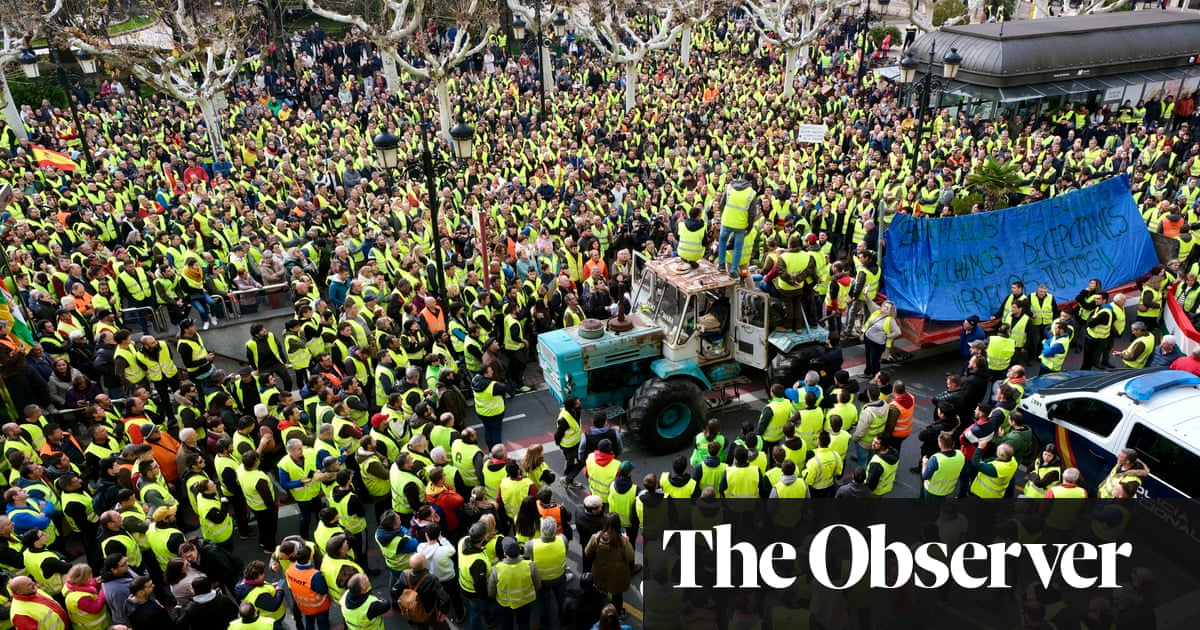
Sid Rawle, the 1960s peace campaigner and infamous “King of the Hippies”, once remarked that if land ownership in Britain were to be divided equally, we would each get about an acre. Surprisingly, this thought experiment would just about hold true today.
The UK measures 60m acres in total and is home to around 67 million of us. There is something rather beguiling about such extreme egalitarianism – impractical though it might be. One person, one vote, one acre. But there’s also something about it that rather helps clarify the mind should you ever find yourself, as I have done recently, trying to reform the mind-bogglingly large amounts of land owned by the British royal family.
Taken together, just two Britons – a certain Charles and William Windsor – own and derive a significant share of profits from more than 850,000 acres of land and foreshore. This feudally formidable figure, medieval in its absurdity, can only be understood through comparison. It is an area of land twice the size of Greater London, or about half again bigger than either the Lake District, or Snowdonia (Eryri) national parks.
In 2021, myself and a tiny unfunded group of activists decided to do something about this. With most of us living at the time in house-sits, shared flats or bouncing from one activist house to another, we started a sort of 21st-century peasants’ revolt: a rewilding revolt that we called Wild Card. Using evenings and weekends, we travelled the country mobilising local people to come together and demand that royal land be rewilded. Our long-term aim is to rewild 50% of Britain.
But why should it matter to an ordinary person? Unless you’re planning on giving up the benefits of the modern economy and returning to subsistence farming, getting a say over your nominal acre of land wouldn’t improve your life anyway – right? So goes the argument of many a politician turning a blind eye to land inequality in recent years. But as we career down the highway to climate breakdown, such wilful blindness to land – and who controls it – has run out of road.
It is only recently that we’ve started to realise that land, far from being a fringe concern, is in fact our single most important environmental resource. Land that is burnt for sport, drained, overgrazed, over-fertilised or polluted, fuels the climate and wildlife emergency. Conversely, land that is rewilded heals it.
But despite the speeches, charters, TV shows, nature-themed coronation invitations and replantable Christmas tree initiatives (all of which I do believe are deeply sincere and well-intentioned), royal land is still overwhelmingly a climate heater, not a climate cooler. Little of the royal holdings are treed, or managed for diverse wildlife; instead they are disfigured by grouse shooting and exhausted by livestock farming. This is hardly surprising when the estates (Duchy of Cornwall, Duchy of Lancaster and crown estate) were pushed to make a profit for “the firm” of more than £136m this year.
The condition of royal land, just like the condition of other big landowners’ portfolios, does in fact matter to us all (let’s remember, as discovered by author Guy Shrubsole, that 50% of England is owned by less than 1% of its population). This leaves us, the unlanded, sleepwalking into a truly precarious situation. The keys to our future are held by the unelected.
Our movement had little money and no legal mechanism to hold the royal estates to account, so we tried to embody the voice of the jester – the only courtier who could speak the truth without losing their head for it. With colour, humour and an abundance of love for nature we marched to Buckingham Palace with Chris Packham and hundreds of schoolchildren, threw down a 5m sculpture of a medieval gauntlet to Prince William, led investigations into royal greenwashing, won the backing of more than 100 climate scientists and public figures and, in collaboration with 38 Degrees, gathered over 175,000 signatures on our petitions.
Incredibly, it seems to be working: this summer the Duchy of Cornwall agreed to our petition to expand Dartmoor’s temperate rainforest. The crown estate announced its first ever beaver release. And now, the unthinkable: even the king’s beloved Balmoral, once a bastion of bloodsports, is set to get its first rewilding project.
This of course is only a lilliputian step forward, and arguably these victories just raise a bigger question: given the overwhelming public support for rewilding, should it really be up to activists alone to make sure landowners act? If Wild Card has revealed one thing, it’s that more land needs to be brought into public ownership and transformed by democracy.
While Sid Rawle’s dream of total egalitarian ruralism would probably be just as undesirable as today’s inequality (I for one can barely keep a tomato plant alive), we can surely all agree on one thing: we all deserve a vote over how our nation’s land is used and nature urgently needs one too.
Joel Scott-Halkes is the co-founder of Wild Card












